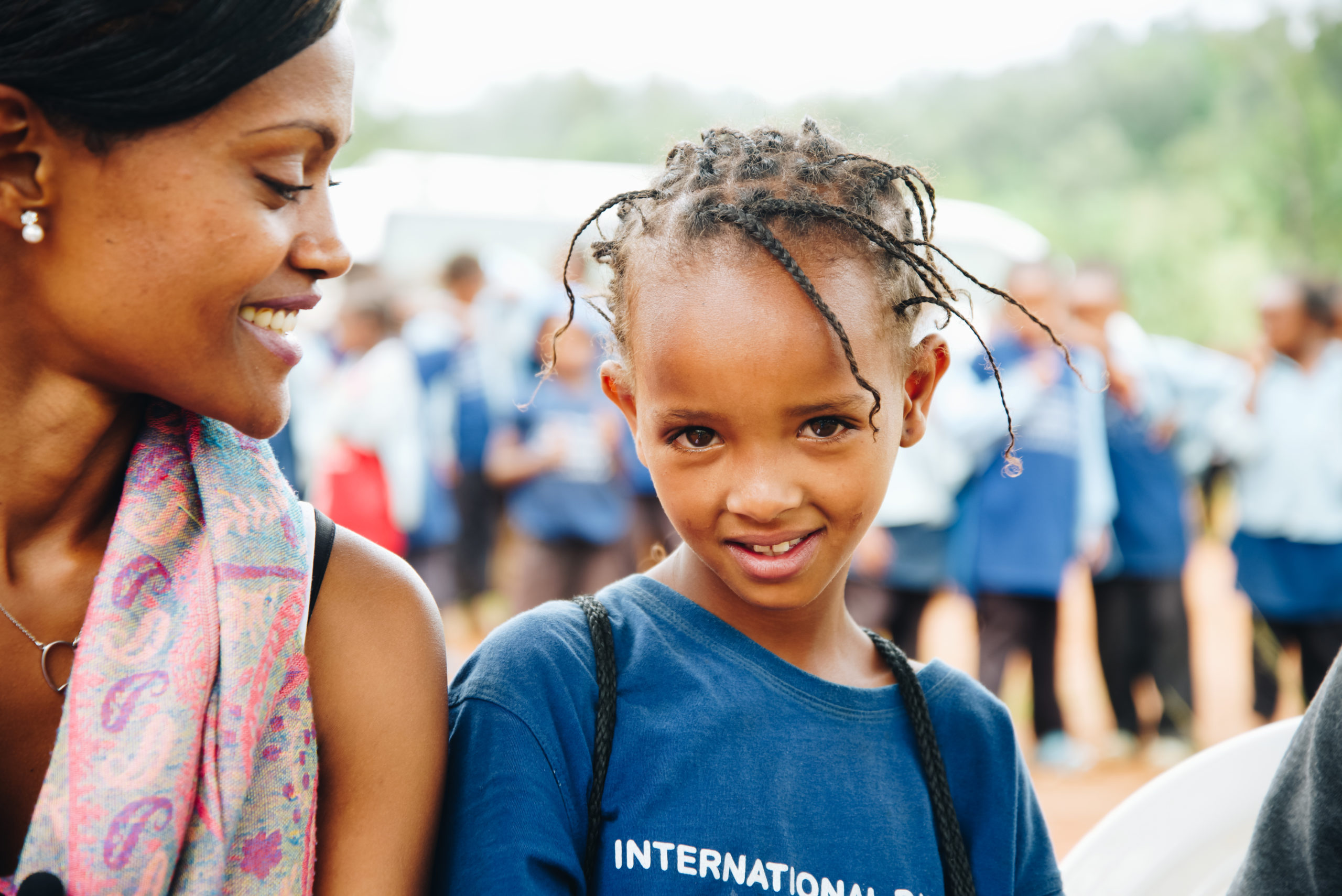
Ethiopia
Caring for orphaned and vulnerable children in Ethiopia since 2007 through child sponsorship and donations
On This Page:
Every year, sponsors and donors provide life-changing support for over 125,000 children and families in Ethiopia.
While Ethiopia has the fastest growing economy in Africa, 40 percent of the population continues to live in poverty. Most Ethiopians live and work in rural communities and have limited opportunities to pursue goals beyond meeting their family’s basic needs. In the 1980s and 90s, the HIV epidemic caused hundreds of thousands of children to lose their parents. In more recent years, the effects of recurrent drought, ongoing social and political unrest, the COVID-19 pandemic and the worst locust invasion in decades have threatened the stability of families — putting children at greater risk of separating from their parents. Today, roughly 4.5 million Ethiopian children are orphaned or separated from their families, and Ethiopia continues to face challenges in maternal mortality, nutrition and gender equality. Together with sponsors and donors, Holt strives to help vulnerable children in Ethiopia thrive in the love of their families.
Two times more girls are out of school than boys
Holt works with local social workers and teachers to encourage parents to send both their sons and their daughters to school.
An estimated 4.5 million children are growing up without families
In Addis Ababa, sponsors provide monthly nutritional, medical and educational support for children in orphanage care.
40% of Ethiopians live in poverty
Holt donors provide the tools and resources families need to build a stable income and provide for their children.
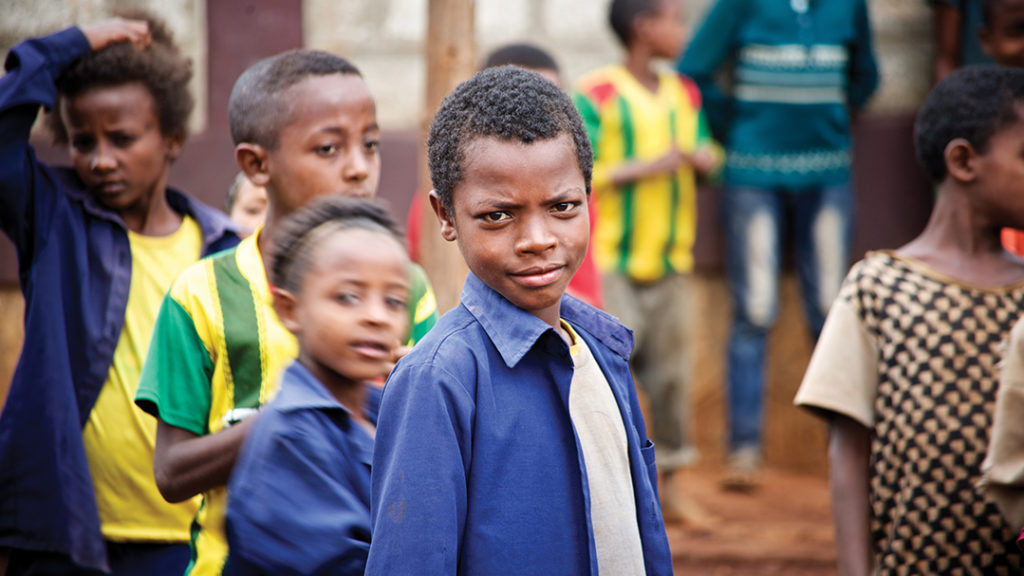
Help Children & Families in Ethiopia
Many children in Ethiopia are orphaned due to HIV or poverty, and have little to no access to medical care. Children living in poverty with their families also need food, clothing, education and more. Your gift will help a child or family in Ethiopia in greatest need.
Family Strengthening
Helping Children and Families Thrive in Ethiopia
In rural Ethiopia, many families live off of what they can grow on their land. Poverty is extreme and few children attend school. Holt sponsors and donors help families become stable through projects that grow their income, and help children receive the nutrition and education they need to reach their potential.

Education
In 2010, Holt partnered with a local church in the rural, southern region of Wallana to build a three-room stone schoolhouse. With support from donors, Holt hired local teachers and social workers, and equipped the school with desks, chairs and chalkboards while sponsors provided uniforms, books and supplies for the children. Today, on a large compound surrounded on every side by family farms and traditional mud huts, more than 1,000 children receive an education that many of their older siblings never received. Most of the families in Wallana live in extreme poverty — earning less than one dollar per day — and when the school first opened, some parents hesitated to send their children, especially their daughters, whom they relied on to help with house and farm work. To encourage parents to educate both their sons and their daughters, Holt relied on local social workers and teachers — all of whom come from Wallana and are respected within the community. In the years since it opened, Holt donors have helped to expand Wallana Kindergarten to serve kids through grade eight. So many children are enrolled at Wallana School that they attend in two shifts so as not to overflow the classrooms.
In addition, Holt works with another 10-plus schools, serving more than 5,000 children in primary and secondary schools each year. We provide intensive training for more than 200 teachers each year, which is especially important for rural, low-resource communities. We also support improvements to the schools by equipping classrooms with desks, chairs and chalkboards, improving WASH facilities and installing libraries. Students also receive textbooks, reading materials and other school supplies.
In Ethiopia, one major educational roadblock that girls in particular face is a lack of safe bathroom facilities or resources for menstrual hygiene. Girls often drop out of school because they have to share bathrooms with boys, and even male teachers. These bathrooms rarely have locks or even doors. Without safe facilities, school becomes dangerous for a young girl. And a teenage girl beginning puberty without the necessary feminine products might stay home altogether to avoid embarrassment and harassment from others. But with the support of sponsors and donors, Holt Ethiopia now provides resources to maintain girls’ menstrual hygiene and health — including safe bathrooms with doors that lock.
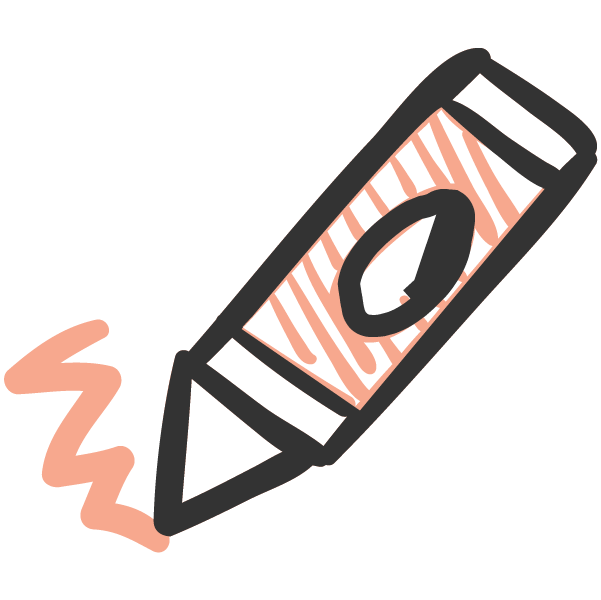
Early Childhood Care & Development
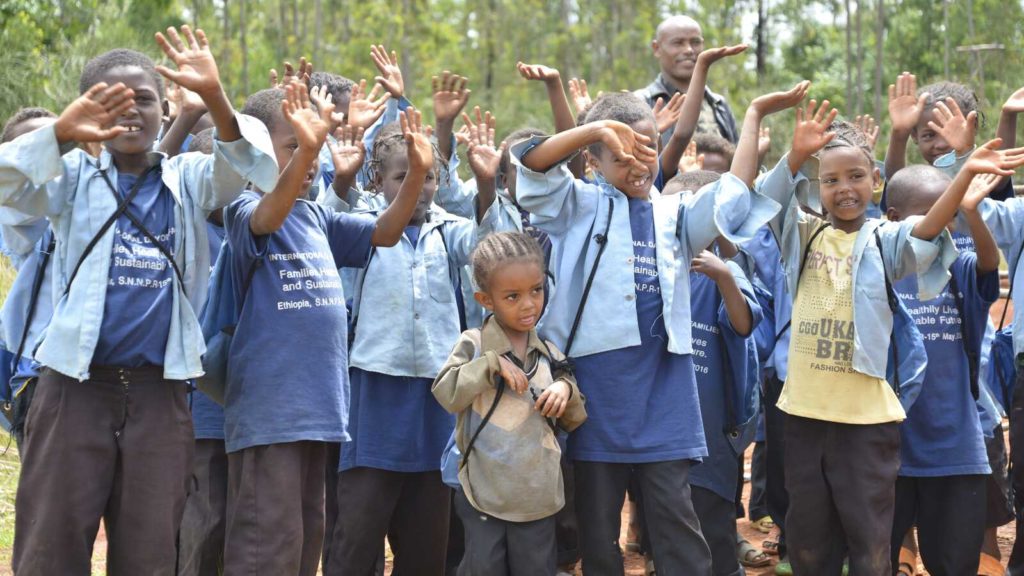
In the southern region of Ethiopia, many families cannot afford to provide preschool education for their children. That’s why, in 2017, Holt Ethiopia initiated a new early childhood care and development (ECCD) program in collaboration with our local partner, KTZ-OVC, and a local church. Through this program, sponsors and donors help 1,500 children receive a critical early education in a safe and nurturing environment while their parents work during the day. In addition to teachers and classroom materials, donors also help provide teacher’s aids and trainings to help strengthen the quality of instruction that the children receive. Access to clean drinking water and a daily nutritious meal is also ensured for every student. Through this program, parents receive nutrition training and also become connected to economic empowerment opportunities and health programs.
Since developing the ECCD program, Holt Ethiopia has partnered with the government to share our model with all 234 government-run schools in the Kembata Tembaro zone. Our support includes capacity building for teachers, school administrators and local government, training on ECCD curriculum, and community/parent engagement. Collectively, through these schools, we’ve reached over 40,000 vulnerable children in Ethiopia with early childhood care and development — developing their social, emotional and cognitive skills and creating a strong foundation for lifelong success in school.
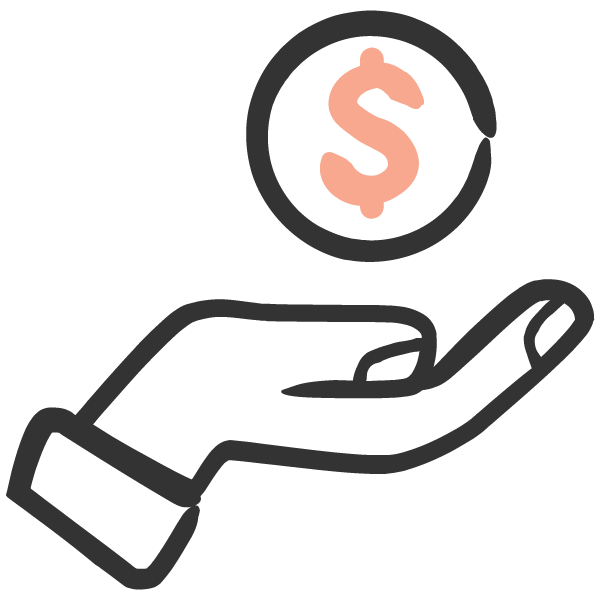
Economic Empowerment
In the rural southern region where sponsors and donors support families in Ethiopia, 40 percent of the population lives in poverty and 29 percent lives in extreme poverty — earning less than one dollar per day. Here, as throughout Ethiopia, years of civil war and drought have robbed many people of their livelihoods. Since 2008, however, hundreds of families in this region have received the tools and resources they need to regain their stability, build self-reliance and independently support their children. Holt works alongside a local partner to help families in greatest need in the community, which are often female-headed households and those impacted by the HIV epidemic.
With a majority of families relying on subsistence farming for food and income, sponsors and donors provide livestock to help them grow their income and seek greater stability in their lives. Families also receive seeds to improve their nutrition, provide greater food security and limit their household expenses. Families without land receive equipment and funds to start a small business.
Our local partner provides financial training to help families learn to save their income and also organizes savings and loan groups with other families in the community — empowering them to pool and invest their income and borrow for large expenses.
While families work toward self-reliance, sponsors and donors provide everything their children need to thrive — including nutrition, education and free medical care at the Shinshicho Mother and Child Hospital.
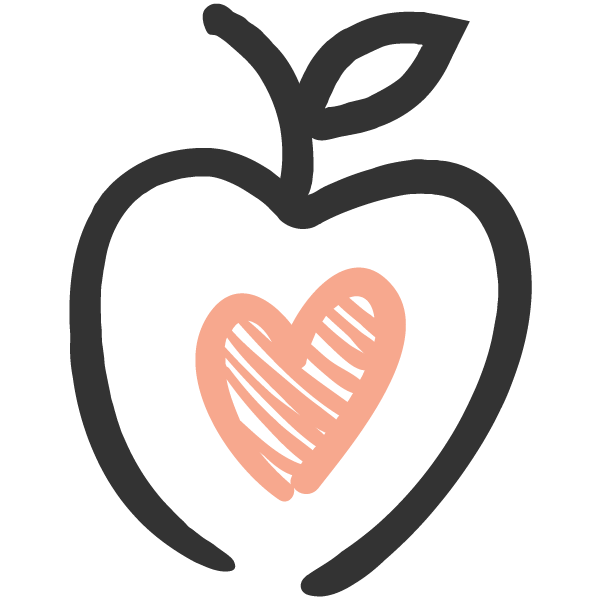
Nutrition & Health
In 2008, when Holt began serving children and families in the Shinshicho region of southern Ethiopia, our staff immediately recognized a gaping need for improved healthcare in the region. In rural Ethiopia — where over 80 percent of the country’s population resides — only 3 percent of births are attended by a health professional. Among the poorest, it’s just 1 percent. The average number of physicians available to every 100,000 people in Ethiopia is about two; in the zonal region that includes Shinshicho, it’s less than one. With the generous support of donors, Holt stepped in to increase the community’s access to quality healthcare — first renovating a government clinic, and then partnering with the community to build a full-service maternal and child hospital.
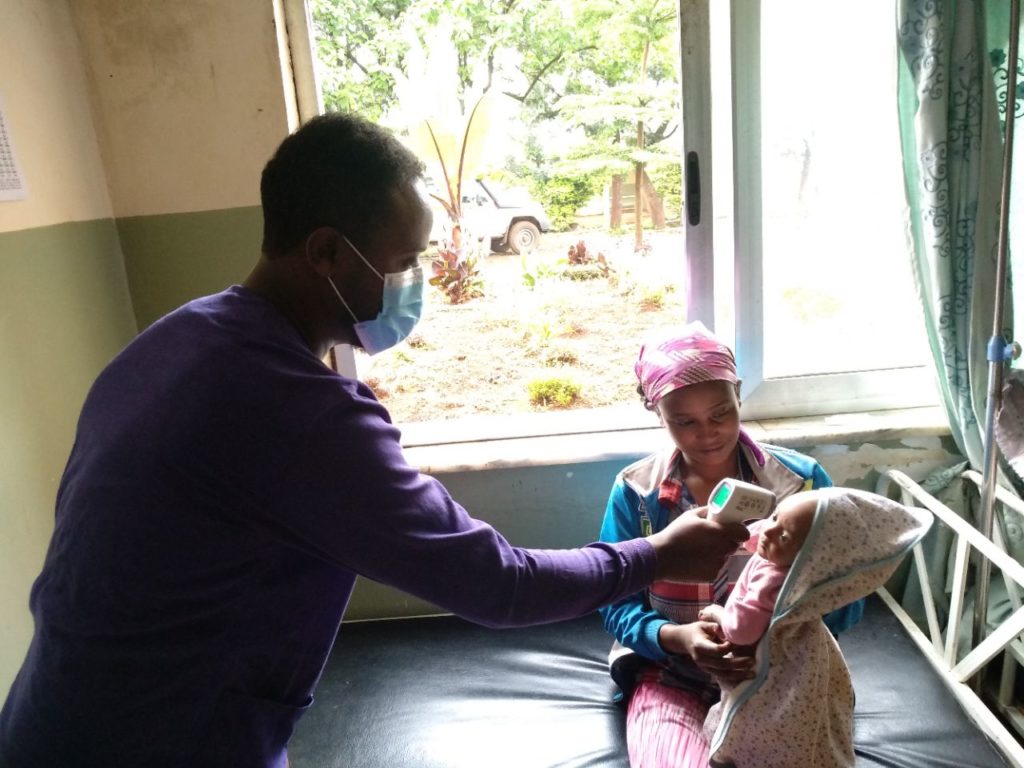
Until the hospital opened, the Shinshicho community lacked a medical facility equipped to care for women facing complications in childbirth, children born with surgically correctable conditions or anyone who needed more advanced care than a small clinic could support.
Completed in 2015, the Shinshicho Mother and Child Hospital now provides a wide range of medical services to over 400 patients per day, including a malnutrition rehabilitation unit for the most seriously malnourished children and their mothers. Thanks to their sponsors, children in Holt’s family strengthening program also receive free medical services at the hospital.
In addition to medical care, nutrition is also vital to the health and wellbeing of all children and one of the key needs that sponsors and donors meet for children in Holt’s programs in Ethiopia. In the rural, southern region where Holt primarily works, many families live in extreme poverty and cannot afford to provide regular, nutritious meals for their children. At Holt-supported schools and preschools, however, sponsors and donors ensure that every child eats a hot lunch with vegetables and protein — giving them the energy they need to learn.
Families in our family strengthening and economic empowerment program receive child nutrition program training on best practices in maternal-child health, child development and nutrition. Donors also make it possible to provide emergency food and seedlings or chickens and goats to improve household food security when needed, ensuring vulnerable families always have enough to eat.
Orphan & Vulnerable Children Care
Caring for Ethiopia’s Most Vulnerable Children
An estimated 4.5 million children are orphaned or growing up without permanent families in Ethiopia. But through our partnering orphanage in Addis Ababa, sponsors and donors provide holistic, nurturing care for children while they wait to reunite with their family or join a family through adoption.
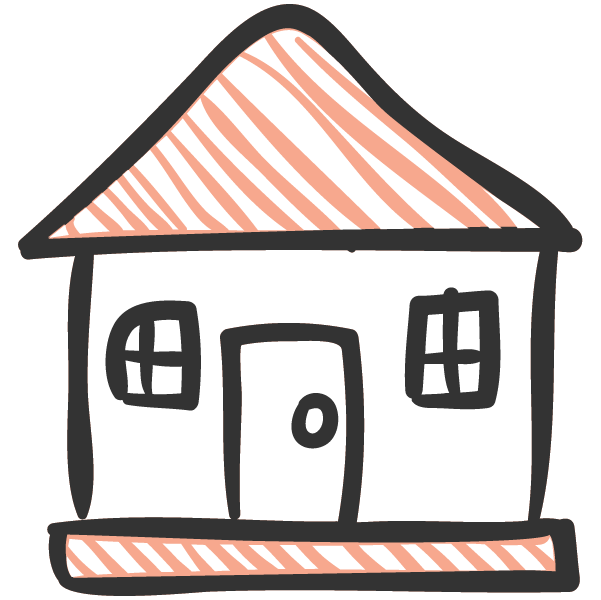
Foster Care
In Ethiopia, Holt’s social work team provides training and assistance to foster care providers using Holt’s model of foster care. Through our partnering orphanage in Addis Ababa, sponsors and donors support about 18 children in foster care with health insurance, school fees, supplies and uniforms, and food and sanitation supplies. Foster families benefit from Holt’s nutrition and caregiving training. In the southern region, sponsors and donors also help care for infants separated from their families in partnership with the government child welfare department. The infants receive medical support from the maternal-child hospital that Holt helped build in the community of Shinshicho, and foster families receive clothes, diapers, soap, formula, and washing and cooking supplies to help them care for the children in their care.
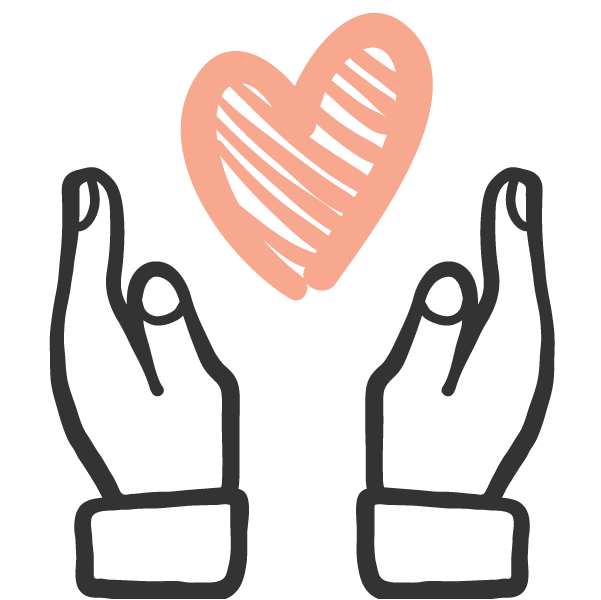
Standards of Care
In Ethiopia’s capital city of Addis Ababa, sponsors and donors provide regular, monthly support for children in care at our partner orphanage, Sele Enat. This includes education, nutrition, medical care, child protection measures and social work support to help each child join a stable, loving home.
While children are in care, sponsors and donors provide the resources to create the best, most home-like environment possible, including a lower ratio of caregivers to children.
Children in care at Sele Enat have also benefited from Holt’s child nutrition program. Through this program, caregivers learn how to safely feed children with special needs, track the growth of children in care and ensure children are receiving the vital nutrition they need to thrive. Through these measures, Holt as well as Holt sponsors and donors have helped to elevate the overall standard of care for children at Sele Enat.
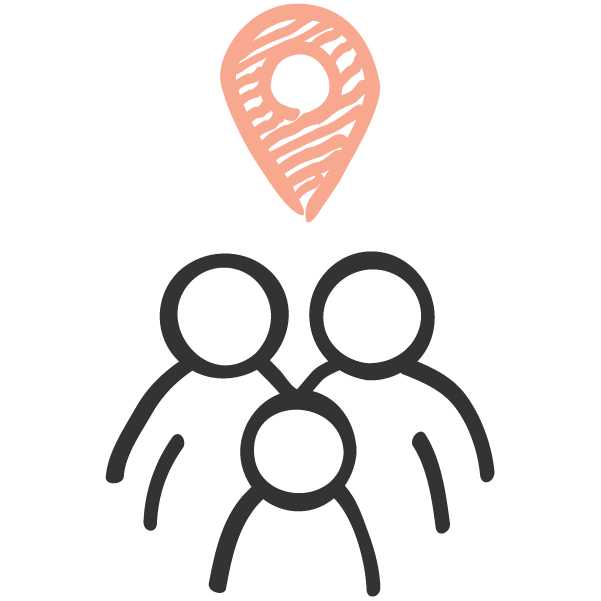
Adoption in Birth Country
At Holt, we believe every child should have the opportunity to grow up in the country and culture of their birth. That’s why we always strive to help children join loving families in their birth country before pursuing international adoption. At present, Holt does not have an international adoption program in Ethiopia. But a small in-country adoption program has now begun, with four finalized adoptions through our partner orphanage, Sele Enat, as of August 2021. Through Sele Enat, Holt Ethiopia also helps to promote this practice for children who cannot reunite with their families. They help facilitate the legal services and manage the entire domestic adoption process from beginning to end, leveraging Holt’s expertise and experience in adoption services. Sele Enat conducts home visits with the adoptive families and provides counseling and support for at least two years after each adoption is completed. On a larger scale, Holt also supports national advocacy and outreach events to help promote domestic adoption in Ethiopia.

Nutrition & Health
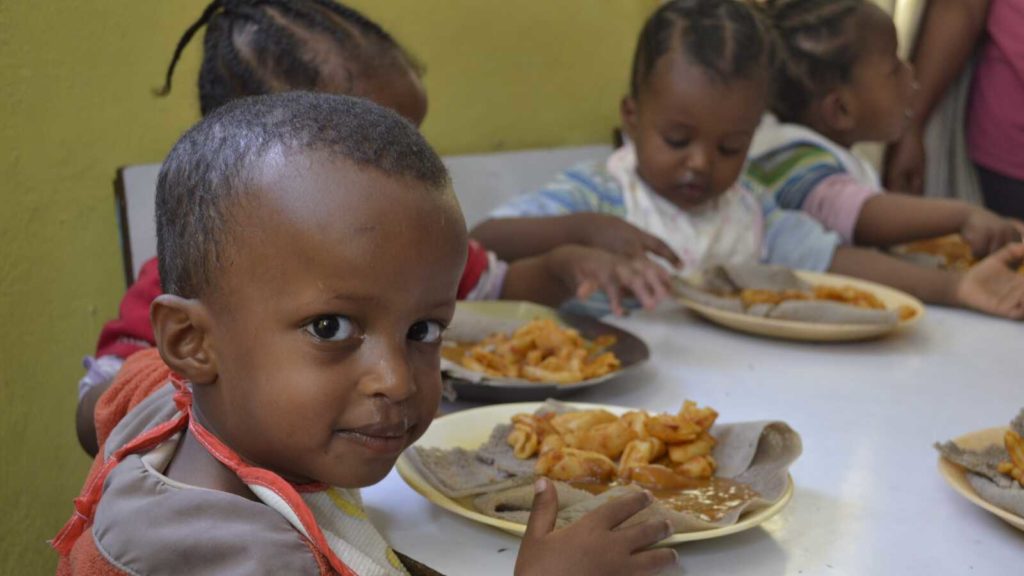
Children living in institution-based care are far more vulnerable to malnutrition and hunger-related diseases — especially children with medical and developmental needs. That’s why, beginning in 2012, Holt developed our child nutrition program (CNP) for children living in orphanages around the world. In 2016, the CNP team first traveled to Ethiopia. According to the most recent UNICEF statistic, over a third of all children in Ethiopia are either moderately or severely stunted due to chronic undernutrition. As everywhere, in Ethiopia our CNP team worked to equip caregivers in our partnering orphanage with the tools and training they needed to strengthen their nutrition and feeding practices. Caregivers learned how to track the growth of children in care to ensure they are growing at a healthy rate. They learned how to safely feed children with special needs, and they made basic dietary changes that have had a significant impact on the health and wellbeing of children. Since that time, our partnering orphanage has fully implemented the program — creating institutional changes that will benefit generations of children to come.